Drawing on over a hundred interviews with industry insiders, former Spotify employees, and musicians, journalist Liz Pelly’s book Mood Machine takes us into the inner workings of today’s highly consolidated record business, showing what has changed as music has become increasingly playlisted, personalised, and autoplayed. It’s an unsparing investigation into Spotify’s origins and influence on music, weaving reporting with cultural criticism, illuminating how streaming is reshaping music for listeners and artists alike.
Building on her years of wide-ranging reporting on streaming, music Pelly details the consequences of the Spotify model by examining both sides of what the company calls its two-sided marketplace: the listeners who pay with their dollars and data, and the musicians who provide the material powering it all. The music business is notoriously opaque, but Pelly lifts the veil on major stories, like streaming services filling popular playlists with low-cost stock music and the rise of new payola-like practices.
For all of the inequities exacerbated by streaming, Pelly also finds hope in chronicling the artist-led fight for better models, pointing toward what must be done collectively to revalue music and create sustainable systems. A timely exploration of a company that has become synonymous with music, Mood Machine will change the way you think about and listen to music.
Pelly speaks with Professor Nicholas Carah of University of Queensland to unpack the shifting music-industry dynamics in an age of algorithmic listening.
-
Liz Pelly is the author of Mood Machine: The Rise of Spotify and the Costs of the Perfect Playlist. She has also written for The Baffler, Guardian, Harper’s, NPR, and Pioneer Works Broadcast. She is an adjunct instructor at NYU Tisch, New York.
Nicholas Carah is Director of the Centre for Digital Cultures and Societies at the University of Queensland. He has written and edited numerous publications, including Media and Society: Power, Platforms, and Participation; Brand Machines, Sensory Media, and Calculative Culture; Digital Intimate Publics and Social Media; and Conflict in My Outlook.















